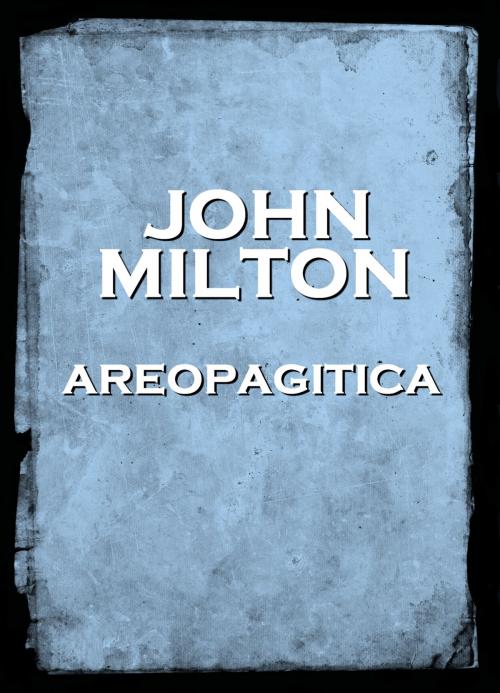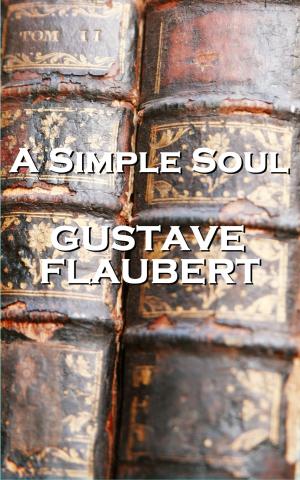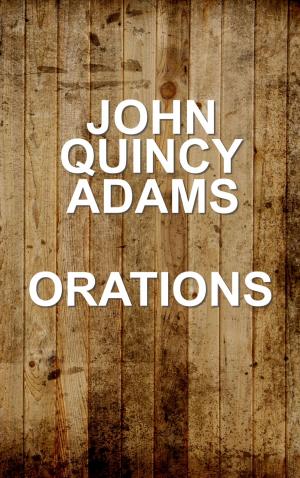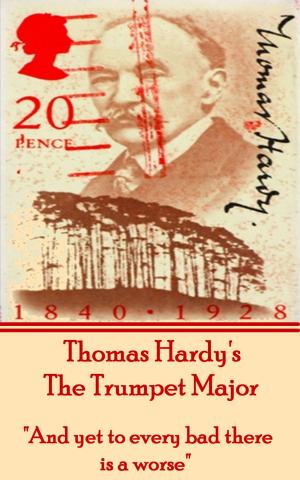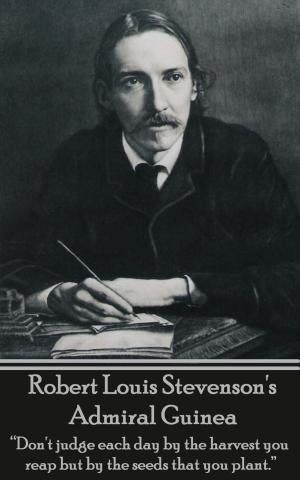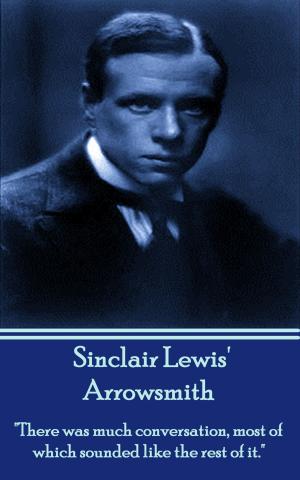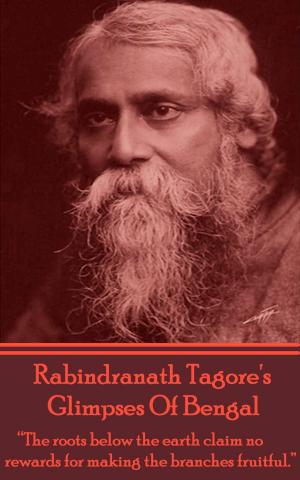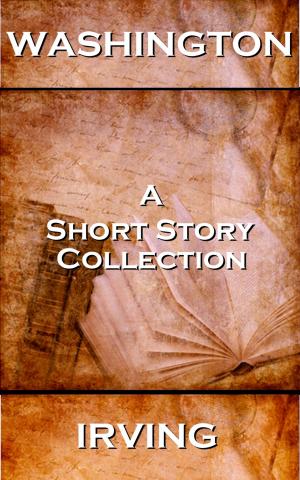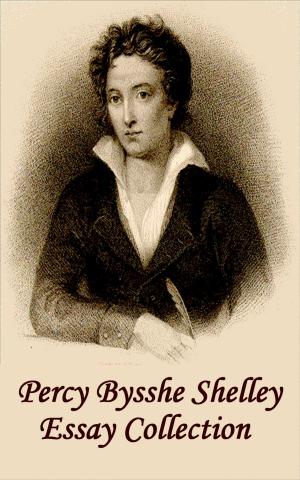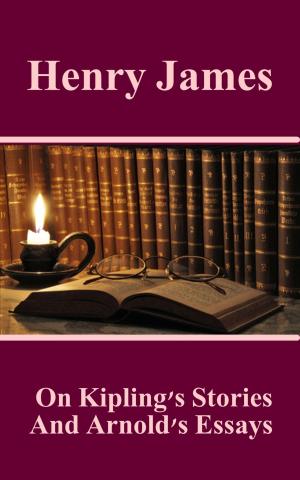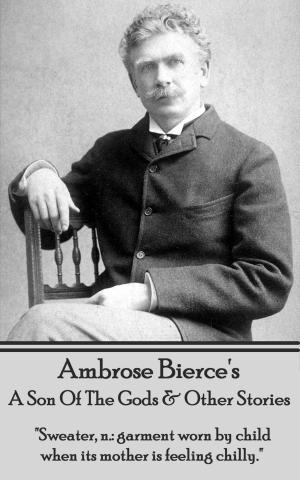| Author: | John Milton | ISBN: | 9781780008448 |
| Publisher: | A Word To The Wise | Publication: | October 12, 2013 |
| Imprint: | Deadtree Publishing | Language: | English |
| Author: | John Milton |
| ISBN: | 9781780008448 |
| Publisher: | A Word To The Wise |
| Publication: | October 12, 2013 |
| Imprint: | Deadtree Publishing |
| Language: | English |
Areopagitica is a revolutionary pamphlet written by the renowned seventeenth-century poet John Milton, author of the eternal Paradise Lost. In this work, Milton addresses the English Parliament of the time to complain about censorship and defend freedom of speech and expression. Written amid the English civil war of the 1640s, Miltons work takes its title after an ancient speech written by the Greek Isocrates and refers to an Athenian hill on which legendary tribunals used to meet. However, the English poet can be considered as an inside critic since his pamphlet criticizes the licensing policies of the parliament that he had always been defending against the absolute power of the monarch. The text makes use of Roman, Greek and biblical references in order to justify the futility and illegality of censorship. Milton is also the first historical thinker to argue that the censorship of books and the control of publication represented a direct limitation of the right to freedom of thought. While attacking censorship as a manifestation of old Catholic dogmas, he expresses his fear of another dogmatic system to be established on the ruins of the former. Today, the debate that Milton evokes and the ideas that he defends are still moot points in many modern communities as disagreements over the limits of freedom of expression and societal control still exist.
Areopagitica is a revolutionary pamphlet written by the renowned seventeenth-century poet John Milton, author of the eternal Paradise Lost. In this work, Milton addresses the English Parliament of the time to complain about censorship and defend freedom of speech and expression. Written amid the English civil war of the 1640s, Miltons work takes its title after an ancient speech written by the Greek Isocrates and refers to an Athenian hill on which legendary tribunals used to meet. However, the English poet can be considered as an inside critic since his pamphlet criticizes the licensing policies of the parliament that he had always been defending against the absolute power of the monarch. The text makes use of Roman, Greek and biblical references in order to justify the futility and illegality of censorship. Milton is also the first historical thinker to argue that the censorship of books and the control of publication represented a direct limitation of the right to freedom of thought. While attacking censorship as a manifestation of old Catholic dogmas, he expresses his fear of another dogmatic system to be established on the ruins of the former. Today, the debate that Milton evokes and the ideas that he defends are still moot points in many modern communities as disagreements over the limits of freedom of expression and societal control still exist.
